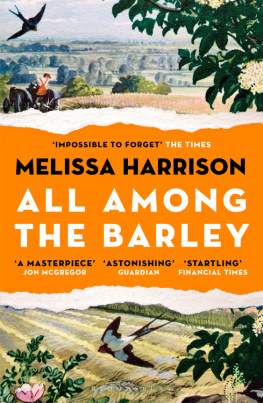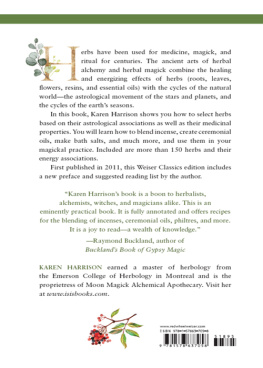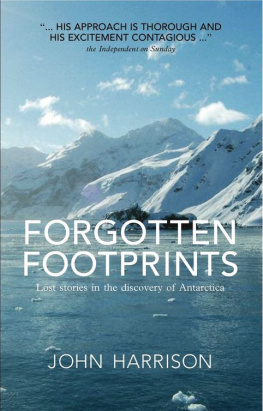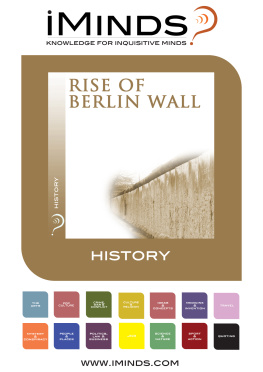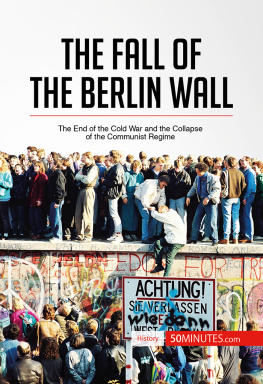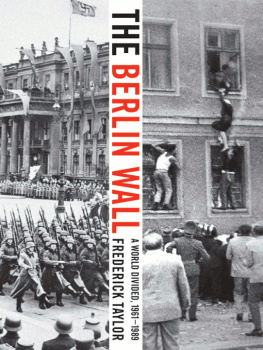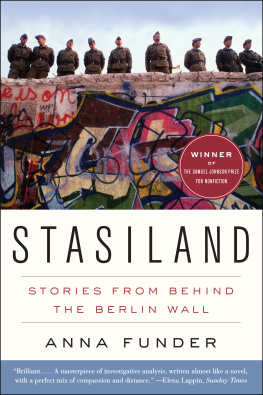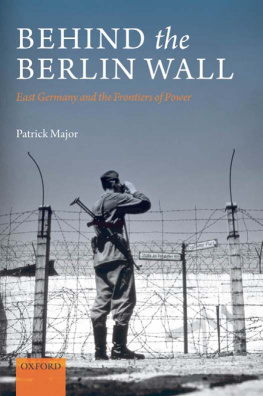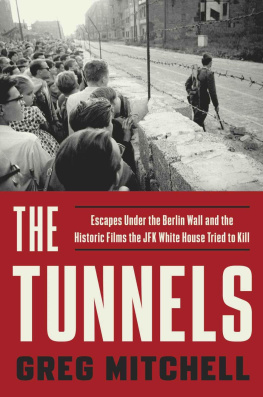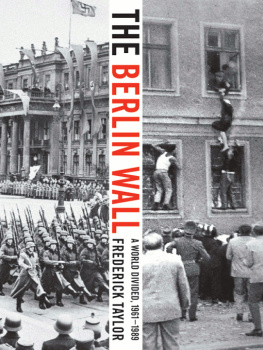
Driving the Soviets up the Wall
PRINCETON STUDIES IN
INTERNATIONAL HISTORY AND POLITICS
Series Editors
Jack L. Snyder,
Marc Trachtenberg,
and Fareed Zakaria

Recent Titles
Driving the Soviets up the Wall: SovietEast German
Relations, 19531961, by Hope M. Harrison
Legitimacy and Power Politics: The American and
French Revolutions in International Political Culture,
by Mlada Bukovansky
Rhetoric and Reality in Air Warfare: The Evolution of
British and American Ideas about Strategic Bombing,
19141945, by Tami Davis Biddle
Revolutions in Sovereignty: How Ideas Shaped
Modern International Relations, by Daniel Philpott
After Victory: Institutions, Strategic Restraint, and the
Rebuilding of Order after Major Wars,
by G. John Ikenberry
Stay the Hand of Vengeance: The Politics of War
Crimes Tribunals, by Gary Jonathan Bass
War and Punishment: The Causes of War Termination
and the First World War, by H. E. Goemans
In the Shadow of the Garrison State: Americas Anti
Statism and Its Cold War Grand Strategy,
by Aaron L. Friedberg
States and Power in Africa: Comparative Lessons in
Authority and Control, by Jeffrey Herbst
The Moral Purpose of the State: Culture, Social
Identity, and Institutional Rationality in International
Relations, by Christian Reus-Smit
Driving the Soviets up the Wall
SOVIETEAST GERMAN RELATIONS,
19531961
Hope M. Harrison
PRINCETON UNIVERSITY PRESS
PRINCETON AND OXFORD
Copyright 2003 by Princeton University Press
Published by Princeton University Press, 41 William Street,
Princeton, New Jersey 08540
In the United Kingdom: Princeton University Press, 3 Market Place,
Woodstock, Oxfordshire OX20 1SY
All Rights Reserved
Third printing, and first paperback printing, 2005
Paperback ISBN-13: 978-0-691-12428-5
Paperback ISBN-10: 0-691-12428-0
THE LIBRARY OF CONGRESS HAS CATALOGED THE CLOTH EDITION OF
THIS BOOK AS FOLLOWS
Harrison, Hope Millard.
Driving the Soviets up the wall : SovietEast German relations, 19531961 / Hope M.
Harrison.
p. cm.(Princeton studies in international history and politics)
Includes bibliographical references and index.
ISBN 0-691-09678-3 (alk. paper)
1. Germany (East)RelationsSoviet Union. 2. Soviet UnionRelationsGermany (East) I. Title. II. Series.
DD284.5.S65 H368 2003
327.43104709045dc21 2002192693
British Library Cataloging-in-Publication Data is available
This book has been composed in Sabon
Printed on acid-free paper.
pup.princeton.edu
Printed in the United States of America
10 9 8 7 6 5 4 3

To My Parents,
and in Memory of Adam B. Ulam
Contents

The Dynamics of SovietEast German Relations
in the Early Cold War
1953: SovietEast German Relations and Power Struggles
in Moscow and Berlin
19561958: Soviet and East German Policy Debates
in the Wake of the Twentieth Party Congress
List of Maps

Preface

ON THE AFTERNOON of 9 November 1989, I boarded a plane on a long-planned journey to West Berlin. I was going with a group of graduate students from Harvard and Stanford for ten days on a program sponsored by the city of West Berlin. In an effort to maintain the U.S. commitment to West Berlin, the city paid for the program every year to bring up and coming Americans to West Berlin. At the time, I was a pre-doctoral fellow at the Center for Science and International Affairs at Harvards Kennedy School of Government. I was working on my dissertation on the building of the Berlin Wall. I wanted to know as much about divided Berlin as possible and was eager for the trip.
Throughout the fall of 1989, East German refugees had been escaping via West German embassies in Prague and Warsaw and across the Hungarian border into Austria. They were all headed to West Germany. Bonn accepted all these refugees as West German citizens entitled to generous social welfare support. In addition, they gave each East German welcome money of 100 deutschmarks (worth roughly $55 at the time). Over 50,000 East Germans had fled to West Germany between May and October 1989, and by early November, this had become a crisis for the West German economic and social welfare system. The refugee numbers increased dramatically in early November. In fact, just before I left for West Berlin, 15,000 East Germans fled to West Germany via Czechoslovakia on 45 November, The question at the top of my list for all of the West Berlin and West German officials we were going to meet was, How can you keep this up? What are you going to do about the refugees pouring into your country?
During the night of Thursday, 9 November, our group flew to Frankfurt. When we boarded the connecting flight to West Berlin on Friday morning, everyone on the plane was reading newspapers with banner headlines declaring, The Wall Is Open! I looked around and thought, Is 10 November the equivalent of April Fools Day in Germany? What is going on? I didnt have to wonder for long. The pilot got on the intercom system and announced, The Wall fell in Berlin last night. We are flying into history.
I could not believe my luck at being in Berlin for this historic occasion, all the more so because of my dissertation topic. My parents, with whom I had spoken many times about the dissertation, were beside themselves with excitement at my timing. Ich war dabei! (I was there! as all the quickly manufactured T-shirts and mugs said.)
Euphoria is the only word to describe the mood on the streets of Berlin. People were selling champagne on street corners. On the afternoon of 10 November, in a jet-lagged, yet ebullient state, several of us went to Kennedy Platz (the site of Kennedys 1963 Ich bin ein Berliner speech), in front of the West Berlin City Hall, Rathaus Schneberg, to hear the West German leaders speak about the momentous opening of the Wall. Chancellor Helmut Kohl had flown back hurriedly from Warsaw that morning along with Foreign Minister Hans-Dietrich Genscher. The West Berlin mayor, Walter Momper, was also on the podium. The most popular speaker of the day, though, was Willy Brandt, who had been the mayor of West Berlin when the Wall went up in 1961 and had gone on to become the West German chancellor. As a historian and as a human being, it was extraordinary to be part of the celebration at Rathaus Schnebergto actually be there and feel the emotion of the day, not just read about it in history books.
Back at the hotel for dinner, I befriended one of the West Berlin English teachers hosting us, Claudia Wilhelm. Claudia volunteered to drive me around in her VW Bug the next day. Claudia was and is a Berliner. She was born in the East and fled with her family to the West in 1958. When the Wall came down, she was reunited with family in the East, including some she had not even known about.
Next page



